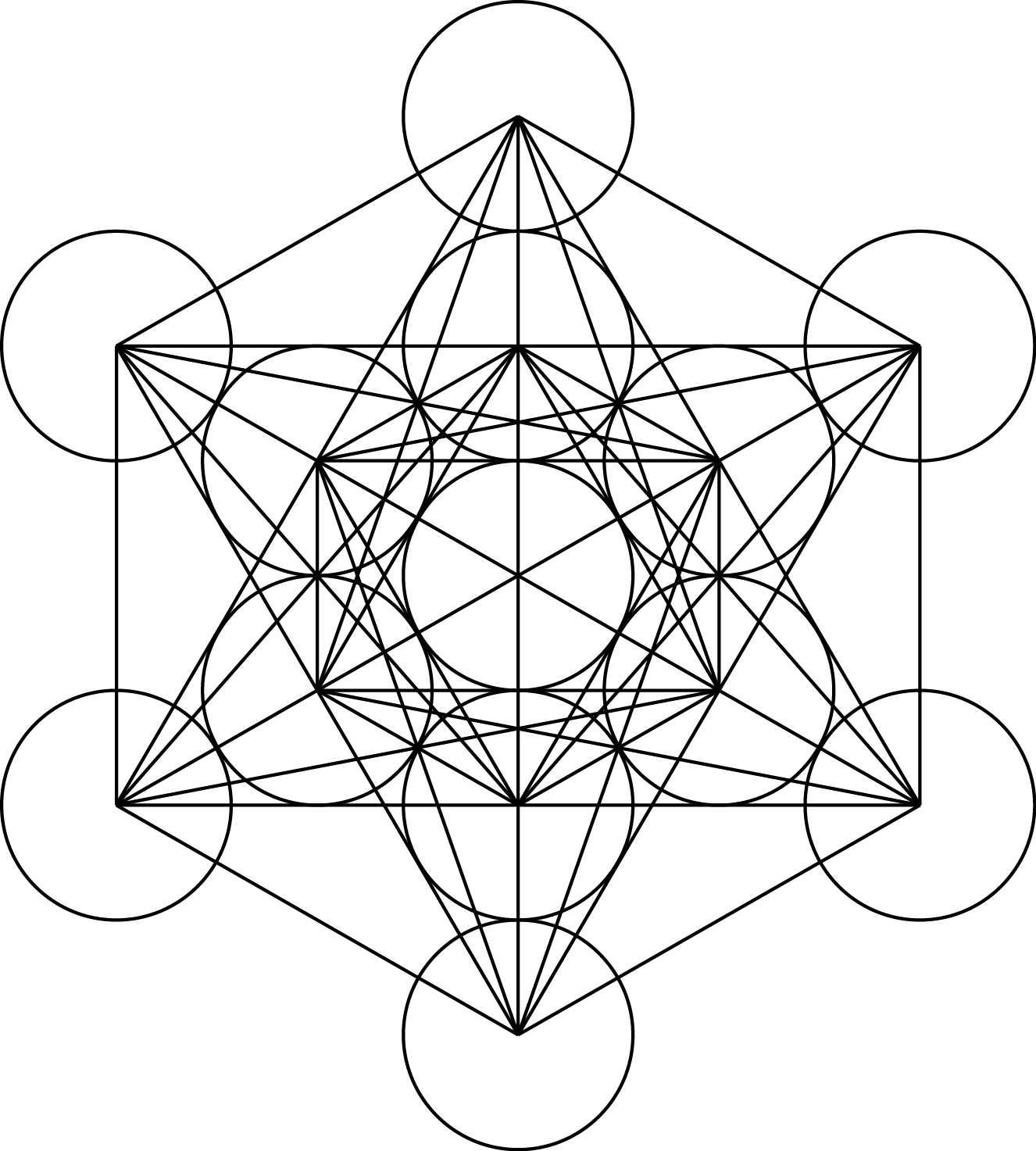Mathematics Olympiad is a talent search event involving schools from all over India.
The 1st Mathematics Olympiad was held in 1979.

This year the Mathematics Association is organizing the 38th Mathematics Olympiad. This is a platform for students to challenge themselves and test their Mathematical knowledge and skills. The goal of Mathematics Olympiad is to stimulate enthusiasm and love for mathematics, to strengthen mathematical intuition, foster mathematical creativity and provide satisfaction, joy and thrill of meeting challenges.
It is a great opportunity for the participating students to experience the atmosphere of IIT Bombay, which is one of the premium academic institutions of the country. The Olympiad is overseen by some of the most renowned professors of the country, who are faculty at the Mathematics Department of IIT Bombay.
Children are not limited in what they can do when they have mathematical skills
Because to a mathematician, "real life" is a special case

Students from standard 9th, 10th and 11th are eligible to appear for the examination.
*Note: there are no separate levels as before
All one needs to crack the Olympiad is common sense and problem solving skills.
Here is a rough list of topics in which one might expect questions.
It is by no means a comprehensive one. It is meant to give the students an idea of what questions might be asked.
You can find the sample questions here. (Note: Sample paper are not exactly replica of how paper will be set. They are only representative of the type of questions that will be asked.)
Basic Arithmetic, Ratio and Proportion, Time and Distance, Time and Work
Basic Algebra, Polynomials and Equations, Inequalities, Logarithm, Surds, Indices, Complex Numbers
Basic Geometry, Mensuration, Polygons, Trigonometry, 2-Dimensional and 3-Dimensional Coordinate Geometry
Permutations and Combinations, Basic Probability, Divisibility, Counting, Progressions and Patterns, Mathematical Induction
Functions, Differentiability, Differentiation, Limits, Continuity, Integration, Applications of Calculus